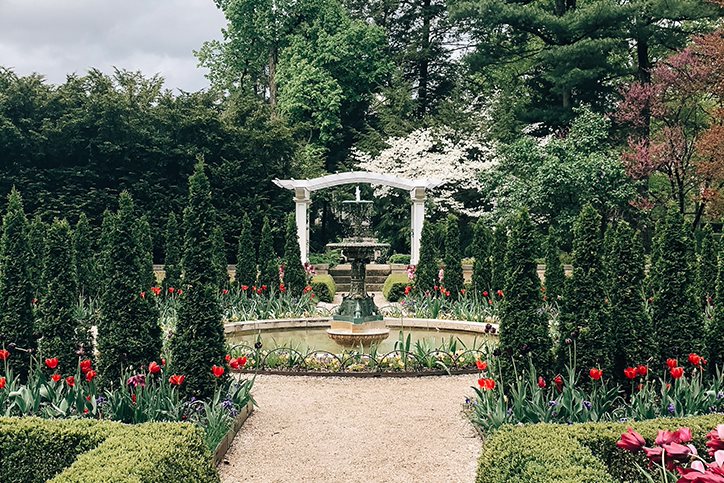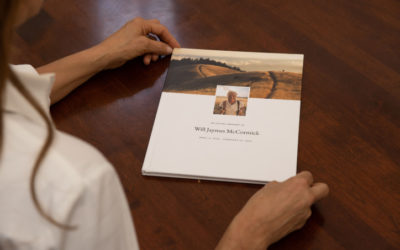In recent years, the way we care for our dead has vastly changed with the emergence of various alternative burial options. Along with the more obvious one — cremation, there’s also alkaline hydrolysis, green burial, and other unique end-of-life options to consider.
To make sure your funeral home stays in the loop, let’s go over some of the most prevalent alternative burial options seen today!
There Are Many Reasons Why Families May Choose Cremation
Per the NFDA’s 2020 Cremation and Burial Report, by 2025 they predict the cremation rate will be 63.3% and the burial rate will be 30.9%. Fast forward to 2040, they predict cremation will jump to 78.4% and burial will drop to just 16%. 2040 may seem a ways off, but it really isn’t that far into the future when you think about it.
With the cremation quickly climbing, it’s important to understand the reasons why many families prefer this option to traditional burial. A few common factors that contribute to a family’s decision to choose cremation are:
- The cost, with cremation typically being less expensive than a traditional burial.
- Cremation is more environmentally friendly than a traditional burial.
- People are less religious, so they may be open to alternative burial options.
- People are leaving their hometowns, so they’re not connected to a specific area.
- It’s simply more convenient and allows more time for funeral planning.
- They want to scatter their ashes in multiple places.
To adapt to this change in disposition preference, your funeral home could consider investing in your own cremation equipment and training instead of using a third-party service. This saves you time, hassle, and, in some cases, money. It also lets you better monitor the process and market it as your own.
Along with equipment and training, you could offer families rental caskets for holding a funeral service before the cremation. You could even take it a step further by creating an ash scattering garden.
Alkaline Hydrolysis Is Becoming Legal in More States and Provinces
Also known as water cremation or aquamation, alkaline hydrolysis is another form of cremation. Like cremation, it breaks down the body and leaves behind soft bone fragments that can be crushed. For the process, the body is placed in a pressurized stainless-steel chamber. Then, water and alkali are added to the chamber. It’s heated at very high temperatures, so the combination of the heat, mixture, and pressure causes the body to decompose quickly.
So far, alkaline hydrolysis is legal in 20 U.S. states and three Canadian provinces, according to the Cremation Association of North America. There are also a few places currently considering legalizing it. It’s important to note that just because it’s legal doesn’t mean that the state or province has the means to provide it yet, but they may in the future.
People Are More Aware of the Negative Impact Humans Have on the Environment
Since they’re more aware, many people are changing their end-of-life plans to green burials. Per the NFDA’s 2019 Consumer Awareness and Preference Study, 51.6% of those surveyed would be interested in looking into green burial options, with it being less expensive and more environmentally friendly cited as two factors for this interest.
A green burial can mean many things since there are varying levels of greenness. According to The Green Burial Council, they define green burial as a way of “caring for the dead with minimal environmental impact that aids in the conservation of natural resources, reduction of carbon emissions, protection of worker health, and the restoration and/or preservation of habitat.”
They also shared several rules that must be followed for a burial to be considered green, such as:
- Not using formaldehyde-based traditional embalming
- Not using traditional man-made vaults
- Not using traditional headstones
- Only using biodegradable caskets or burial containers
Want to learn more about alternative burial options? Download our free eBook!





0 Comments